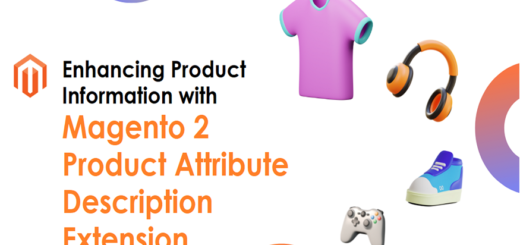Is There A Completely Anonymous Browser?
A lot of people ask if there is a completely anonymous browser for the world wide web.If you look at the contenders, the answer might be ‘no’. But some of them do come close.

Anonymous web browsers are hard to design, and even harder to optimize. When you have to turn off so many scripts to retain a user’s privacy and security, things tend to break. That’s the trade off you make.
The first thing we should do is define how functional the browser needs to be. After all, it’s easy to be anonymous if you never communicate with anyone or serve a useful purpose!
So to even get close, our ‘completely anonymous browser’ needs to be:
Functional on the normal Internet: Sure, Tor and the Idyll project are great. But they only work in their own little cubby holes. For Tor, that’s the dark web… its clear net performance is pretty bad, truth be told. If it isn’t using Onion routing, it has no excuse to be that slow and incompatible with modern websites. As for Idyll, it only functions in the Utopia ecosystem. That’s not exactly broad enough to fit the ‘useful’ part of the criteria.
Not part of an insecure bundle: Comodo would be awesome if it didn’t force you to report user data back to the developers. It also requires a third party antivirus installation, and it isn’t easy to assess that for anonymity. Brave just uses Tor for its private tabs, and we know how poorly that functions on the clear net.
Really, that leaves two contenders. In time, either or both of these candidates might become a completely anonymous browser. But at this point, just using a privacy app like Hoody is a better answer.
Waterfox Anonymous Internet Browser
Waterfox has a great balance between privacy and usability. It makes great strides towards being a useful, performant anonymous Internet browser.
But there’s a slight problem with the ownership. In 2020, they got bought out by System1. System1 is a pay-per-click advertising agency. The conflict of interest is a big problem.
Still, so far the privacy and anonymity aspects are still working. It has the same old issue that many of these projects have: You can’t opt out of data collection that goes back to the developer. This is because they need to constantly be analyzing bugs, and their community just isn’t big enough to allow 80% of their users to opt out. They need that data and feedback in order to grow.
There is good news: Waterfox is fast. It doesn’t use telemetry tracking. It handles JavaScript better than any other anonymous Internet browser. And it has a great look and feel.
Even though System1’s ownership interest is a moral or ethical issue on some levels, and there’s certainly some system reporting that goes back to the developer, Waterfox is at the top of our list right now. It’s as much of a completely anonymous browser as anything else out there, and it really does perform.
Iron Anonymous Internet Browser
The second place entry is an oldie, but it still seems to be puttering along, despite some community strife.
SRWare Iron is an anonymous Internet browser that is advertised as open source. But there’s a problem… they haven’t been releasing their source code regularly. Like, for years.
You can’t really call yourself open source without giving the public access to the source code. And anything having to do with anonymity and privacy needs to be fully examined by the coding community. The whole situation is making people wonder what the hell is going on behind the scenes.
The question becomes, do you believe the developer’s claims without anyone being able to check up on them? If so, you probably believe that SRWare’s main concern is privacy. But to know for sure, you would have to examine the network traffic with a packet sniffer for weeks on end, tearing everything apart to make sure that packets aren’t changed en route.
If you take them at their word, Iron is a fairly secure Chromium based web browser. They’ve removed Google Native Client, search suggestion and autocomplete, DNS prefetch, and the unique user identifier that a normal Chromium tab comes with.
It’s not as fast as Waterfox. That might be because it is based on a more mainstream rendering engine (Blink, a Webkit fork) that has better backwards compatibility, but comes with more baggage as a result. Being a more common engine is good as far as bugs go, but bad as far as browser type stagnation.
Iron comes with a built in ad blocker and user agent switcher. That’s great and all… but where’s the source code? We have no idea if it really is being anonymous until we see the inner workings.
Newer Projects
There are some projects out there that are smaller, but have a lot of promise. Whether or not they can deliver a fast, functional, completely anonymous browser in the future remains to be seen. Here are three to look out for:
Dooble updates frequently and puts it’s source code right up front for examination. These are great signs for things to come.
If you want something that is a unique take on privacy, Tails is both an OS and a browser. It’s meant to be run entirely off of a self contained, fully encrypted memory stick.
The Epic browser has a lot of pro-privacy stances, and it is packaged with an eight country VPN to boot.
None of these are good enough or seasoned enough to take first place right now. They show promise. Let’s hope they continue to grow, mature, and not screw up.
Sticking with a traditional, highly functional web browser and using a trusted security and privacy app like Hoody is as close as you’re going to get to a completely anonymous web browser. But the best browsers will also allow for high quality browser extensions. It may turn out that one of these projects, paired with the right plugins, will turn out to be a completely anonymous browser that everyone can be proud of.


